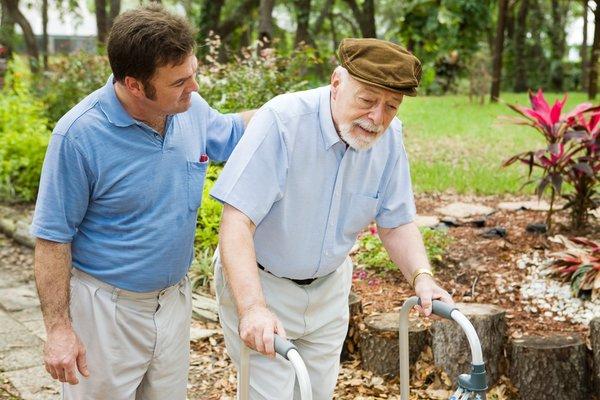Elderly people’s sleep patterns often give the impression of going to bed and waking up early on a regular basis. However, as they age, the required amount of sleep actually decreases gradually. Nevertheless, if elderly individuals experience extremely easy sleep onset, abnormally prolonged sleep duration, and other symptoms of excessive sleepiness, this could be a health warning sign, especially as a precursor to a stroke. Given the higher risk of strokes in the elderly population and the severe consequences they entail, family members should remain highly vigilant, as timely medical intervention is crucial.
Cerebrovascular damage, such as cerebral infarction, is quite common among the elderly, especially when associated with conditions like hypertension, hyperglycemia, or hyperlipidemia, making it even more dangerous. The onset of a cerebral infarction may occur silently, with excessive sleepiness being one of the difficult-to-detect symptoms, necessitating attentive observation by family members and prompt action.
Alzheimer’s disease, a form of senile dementia, has a broad impact and presents symptoms such as memory decline and orientation disorders, with excessive sleepiness also being one of its manifestations. Facing this serious health challenge, family support and early intervention are crucial.
Studies indicate that excessive sleepiness in the elderly may also be related to an increased risk of heart disease, especially among women. Additionally, sudden excessive sleepiness in diabetic patients could be a sign of diabetic ketoacidosis, requiring prompt medical attention.
Cerebral vascular pathologies like cerebral arteriosclerosis can lead to inadequate blood supply to the brain, triggering excessive sleepiness. Therefore, excessive sleepiness may conceal various underlying health risks that should not be overlooked.
To improve excessive sleepiness in the elderly, it is advisable to address the following aspects: – Balanced diet: Advocate for a low-fat, low-sugar, low-salt diet, with abundant consumption of fruits and vegetables to promote overall health. – Moderate exercise: Encourage the elderly to engage in appropriate physical activities based on their own conditions, such as walking, Tai Chi, to enhance blood circulation, improve physical fitness, and enhance sleep quality. – Seeking medical attention proactively: Promptly seek medical examination for new symptoms of excessive sleepiness to identify the causes. – Psychological adjustment: Maintain a positive mindset, establish a regular lifestyle, seek psychological counseling when necessary to eliminate psychological factors. – Regular daily routine: Ensure an adequate night’s sleep, avoid excessive daytime sleepiness, and cultivate good sleep habits.
In conclusion, excessive sleepiness in the elderly should not be underestimated as it could be an indication of various underlying health issues. Family members should closely monitor changes in the elderly’s health and take appropriate measures promptly to safeguard their physical and mental well-being.


